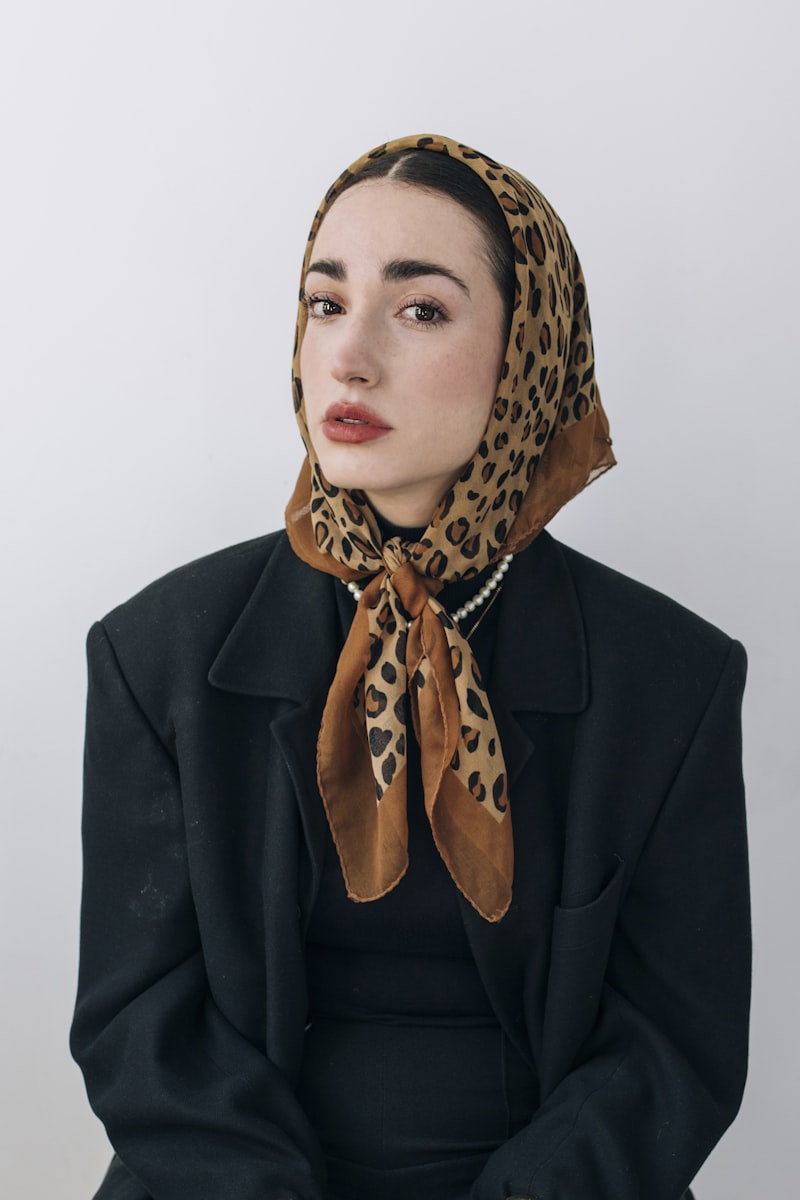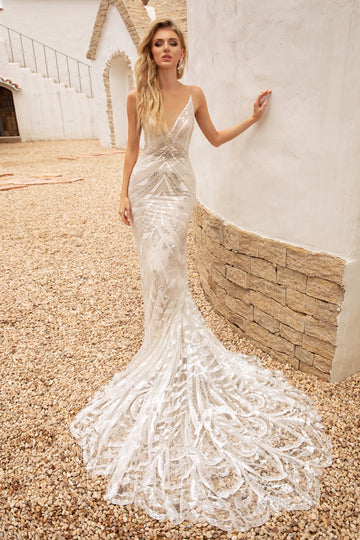The Fusion of Modern and Traditional Dress Elements: A Fashion Revolution
The Fusion of Modern and Traditional Dress Elements: A Fashion Revolution
Introduction to the Fusion of Dress Styles
In the ever-evolving world of fashion, the combination of modern and traditional dress elements has emerged as a captivating trend. This fusion not only celebrates cultural heritage but also introduces innovative styles that appeal to diverse fashion enthusiasts. As we delve into this topic, we will explore various aspects of this fusion, including its historical context, contemporary examples, and its impact on global fashion.
The Historical Context of Dress Fusion
The blending of modern and traditional dress elements has roots that extend deep into history. Many cultures have historically integrated various sartorial influences, creating styles that reflect both their heritage and contemporary advancements. This trend has been particularly pronounced in regions where globalization has facilitated cultural exchanges.
| Region | Traditional Elements | Modern Influences |
| Asia | Kimono (Japan) | Streetwear styles |
| India | Saree | Western silhouettes |
| Africa | Kanga (East Africa) | Contemporary cuts |
| Europe | Kilt (Scotland) | Casual wear trends |
Contemporary Examples of Fusion Fashion
In recent years, many designers have embraced the beautiful marriage of modern and traditional styles. Fashion shows across the globe showcase collections that highlight this blend, serving as platforms for cultural expression.
1. Street Styles Inspired by Cultural Heritage
Street fashion has become a vibrant canvas for incorporating traditional elements. Designers often draw inspiration from local garments, reinterpreting them in a way that resonates with younger audiences. For instance, the kimono has been adapted into trendy outerwear pieces that appeal to urban youth, offering a modern twist on a time-honored style. This blend not only keeps traditions alive but also reinvents them for a new generation.
2. High Fashion Meets Tradition
Luxury fashion houses are also embracing this trend. Designers like Ralph Lauren and Dolce & Gabbana have featured traditional motifs in their collections, showcasing intricate embroidery and patterns inspired by various cultures. These designs create a narrative that pays homage to the past while engaging with current aesthetics.

The Cultural Significance of Dress Fusion
The fusion of modern and traditional dress elements plays a crucial role in cultural preservation. By incorporating traditional garments into everyday wear, we not only celebrate our heritage but also ensure that these styles remain relevant. Furthermore, this blending invites discourse around cultural appropriation and respect for the origins of these styles.
For instance, wearing a saree with a contemporary crop top signifies the balance between honoring cultural roots and adapting them to modern lifestyles. Such choices encourage dialogue about identity and fashion, making this fusion a powerful tool for social commentary.
Challenges and Considerations in Fusion Fashion
While the fusion of modern and traditional dress elements is a celebration of creativity, it also comes with challenges. Misunderstandings around cultural appropriation can lead to tension between communities. It is vital for designers and individuals to approach this fusion with a mindset of respect and understanding.
Respecting Cultural Significance
When blending styles, it’s essential to ensure that the traditional elements are not stripped of their cultural significance. Engaging with communities and understanding the stories behind specific garments is crucial in this respect.
The Importance of Authentic Representation
Another crucial factor is representation in the fashion industry. Authenticity in showcasing traditional styles must be prioritized to avoid commodification. This involves supporting local artisans and representing their work in a manner that is respectful and true to the origins.
The Future of Dress Fusion
As we look ahead, the fusion of modern and traditional dress elements is likely to grow in significance. With the rise of eco-conscious consumers, sustainable practices will drive the fashion industry towards more ethical fusion practices. This could further promote the revival of traditional crafts, marrying them with modern techniques to create timeless pieces.
Final Thoughts and Recommendations
In conclusion, the fusion of modern and traditional dress elements presents a unique opportunity to celebrate cultural heritage while embracing contemporary fashion trends. As individuals, we have the power to influence this trend by making informed choices when it comes to our wardrobe. Here are some recommendations:
- Research and Understand: Before adopting a particular style, take the time to learn about its cultural background.
- Support Local Artisans: Invest in pieces made by artisans who bring traditional crafts into modern design.
- Encourage Diversity: Advocate for diverse representation and stories in fashion, which enrich the narrative of fusion.
- Promote Authenticity: Strive for authenticity in your fashion choices, ensuring that traditional garments are celebrated appropriately.
The fusion of modern and traditional dress elements is more than just a trend; it is a vital aspect of cultural expression and innovation. As this movement continues to evolve, we must embrace it with respect and a commitment to authenticity.
